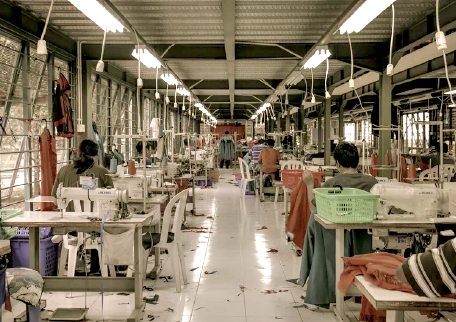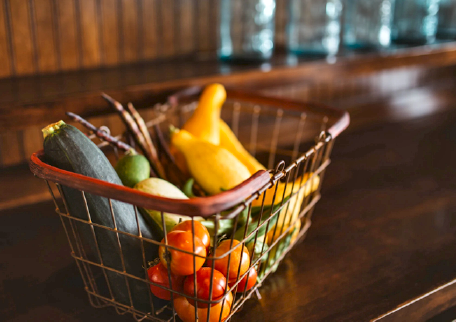Ensuring You’re Buying Fair Trade
This blog post was written by Liluye Staff Writer, Katie Hutchinson, who is a driven and compassionate environmentalist and humanitarian.
The term “fair trade” is seen more around the globe now than ever before. I’ve mentioned before how consumers’ awareness of their purchasing choices is changing the way we operate globally, and that is only expediting. Manufacturers are listening, adapting, and producing new products because this new, large market now exists of conscientious, intentional buyers. Fair trade is however thrown around too often to make buyers feel as if their purchase has meaning or an impact, especially without any guarantee that the product truly is fair trade. A true, fair trade product is made when businesses in a developed nation and producers in a developing nation work together to produce something. The producers and laborers are also paid a living wage, and workers’ conditions and rights are met all while conserving the environment (Fairtrade).
A few years ago the number of companies in the United States that deemed themselves fair trade increased by 50%. Megy Karydes of WorldShoppe explained, “What’s going on right now in the fair trade industry is what we’re calling ‘fair washing.’ It’s a play-off on the concept of ‘greenwashing,’ where some companies are claiming to be fair trade and may not necessarily be fair trade” (CBS Boston, 2011). Companies are easily allowed to do this because there are currently no legal governing bodies enforcing fair trade guidelines, so many consumers are led astray.
Customers don’t have to feel blindsided, however. There are verification sites you can check to ensure you are purchasing fair trade goods. Two globally recognized resources I found are: the World Fair Trade Organization and Fair Trade Certified (Fair Trade Certified).
The World Fair Trade Organization has a list of suppliers you can search for, or discover, by the types of products they offer, and the services, skills, techniques, and causes the organizations are passionate about. For example, I searched for a woman-led organization that sells fragrances and body care products and was given a list of certified organizations that meet those qualifications. This global community is created by members that peer review and verify new members and are audited to confirm they are producing sustainable, ethical, and beautiful products.
Fair Trade Certified, on the other hand, has more than 1,400 companies represented that are regularly updated, including brands that focus on beverages, apparel, flowers, food, beauty, home goods, and more. Their innovative model holds businesses responsible for their production and simultaneously helps to address poverty and sustainable working conditions for communities around the world. Some of the verified names you may recognize include Sam’s Club, Driscoll’s, Pottery Barn, Patagonia, and Aldi.
The benefits of fair trade are twofold: the rights of workers are ensured but also a strong community around them is created by giving them tools to become entrepreneurs themselves. People are empowered when they can be at the heart of decision making and that is what growth in the fair trade systems allows.
A banana producer, Marcial Quintero said, “we were taught to serve, to be workers. Now with Fairtrade, we are entrepreneurs” (Fairtrade America).
Products that are covered by the Fairtrade mark include, but are not limited to, goods like coffee, bananas, fruits, chocolate, cotton, silk, and linen.
Post Sources
• Fair Trade Certified. Date and Author: Unknown. (Fair Trade Certified)
• Fair Trade Fakes? Don’t Believe All the Labels. Date: September, 2011. Written by Paula Ebben. (CBS Boston)
• What is Fairtrade. Date and Author: Unknown. (Fairtrade Foundation)
• What is fair trade? Date and Author: Unknown. (Fairtrade America)



